SDGs in the Psychology Courses
In 2015, the Member States of the United Nations collectively embraced the 2030 Agenda for Sustainable Development. At the heart of this agenda lie the 17 Sustainable Development Goals (SDGs). The SDG goals acknowledge that eradicating poverty and addressing various forms of deprivation must be pursued in conjunction with efforts to enhance healthcare and education, mitigate inequality and promote economic advancement, all while confronting the challenges of climate change and preserving our precious oceans and forests.The Psychology Program followed the university’s streamlined process by integrating the SDGs into its core courses. The Psychology program aims to:
- Introduce all students to the United Nations Sustainable Development Goals (SDGs) through seven of its courses, promoting wellbeing across the lifespan, exploring the concept of lifelong learning, discussing the positive impact of gender equality and how to reduce inequalities between cultures and finally focusing on building inclusive institutions.
- Reinforce students’ learning of these SDGs by further highlighting the importance of wellbeing, women empowerment and inclusive cultures on overall development through 4 courses: Development Across the Lifespan, Cultural Psychology, Neuroscience and Social Psychology.
- Emphasize methodology in strategies to promote these SDGs by discussing practical tools to overcome inequalities (Social Psychology) and work through emotional and psychosocial difficulties to promote wellbeing (Counselling Theories).
The Psychology Program engages the students and enables them to think about practical applications of the basic psychological constructs to build connections between humanity and cultures across the planet.
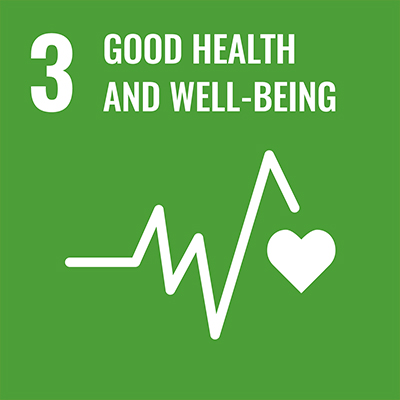 7
7
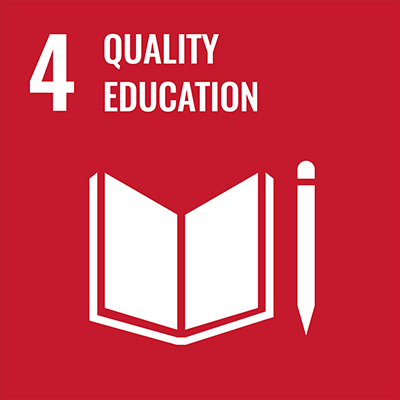 2
2
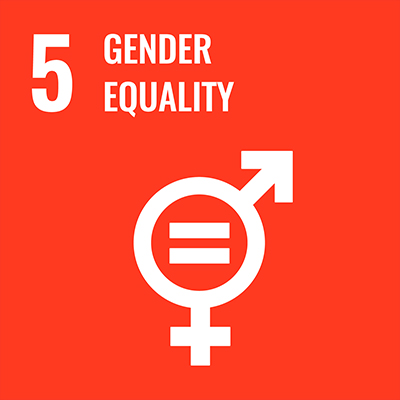 4
4
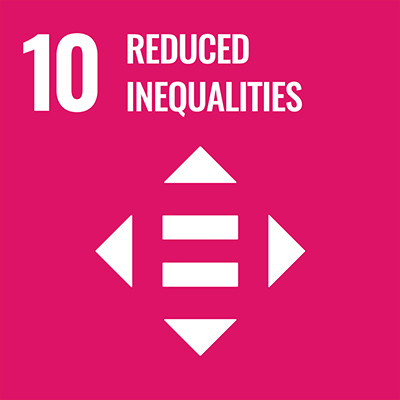 3
3
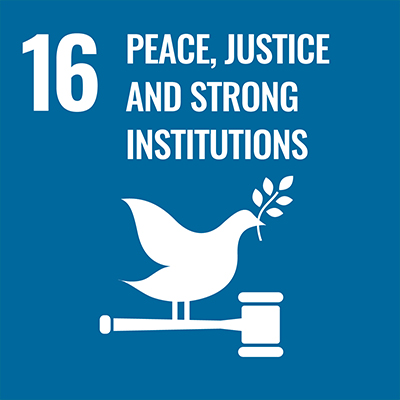 2
2
Number of Pscyhology courses that relate to 5 of the United Nations 17 SDGs.